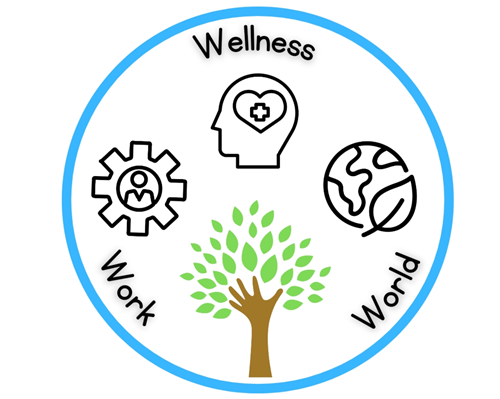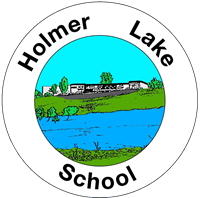Geography
Curriculum Leader - Mrs. Watson and Miss. Baylis
Subject Leader - Mrs. Mahoney
Link Governor - Mrs. Hevingham
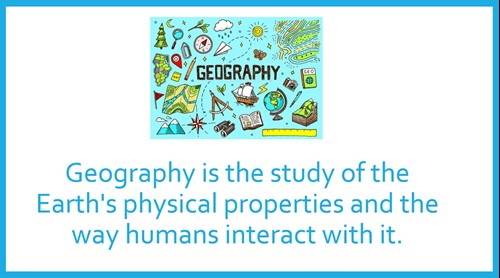
Our intent is to inspire in pupils a curiosity and fascinations about the world and its people that will remain with them for the rest of their lives, by providing abroad and balanced Geography curriculum as stated in the National Curriculum. The Geography curriculum offer contains a set of key concepts or “golden threads” that children repeatedly revisit throughout their Geography lessons from EYFS to Year 6. By revisiting these key concepts over time allows the children to build a bigger and better understanding of these concepts with increasing complexity. The curriculum design of a two-year cycle, provides children with meaningful examples and repeated encounters in different context, allowing progress to be made as they build their knowledge of the world and its people.
The curriculum end points identify vocabulary that is specific to the learning for that geographical topic Each time a golden thread is revisited within a sequence of learning pupils build on and deepen their understanding of vocabulary that they have encountered before.
We inspire our children to think as geographers by offering lots of opportunities to explore and complete field work within the school grounds, local area of Brookside, and beyond.
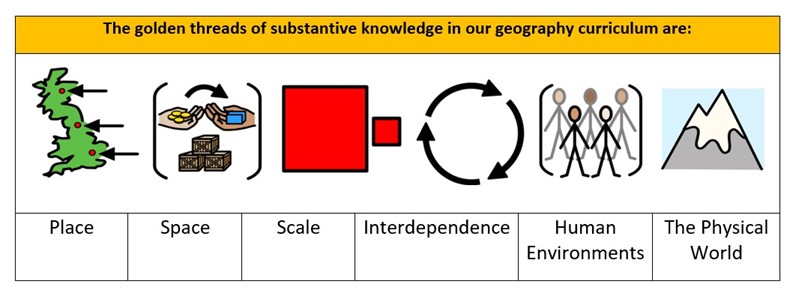

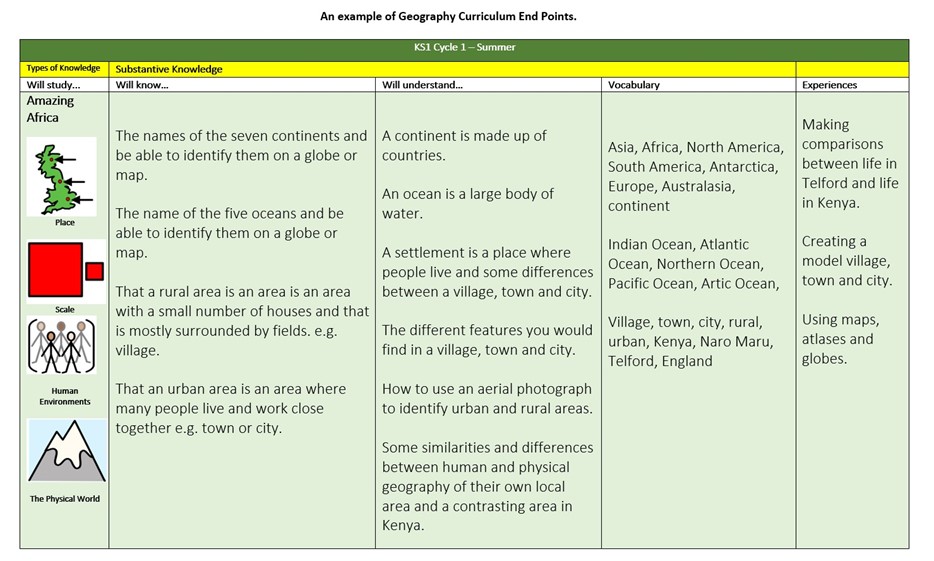
The aims for teaching the geography curriculum are to develop pupils who:
- Have a curiosity and fascination about the world around them and to inspire pupils’ curiosity to discover more about the world.
- Enjoy learning about the world and have a better understanding of how people live in different locations.
- Recall and use their knowledge of how the human and physical features of a place shapes it location and can change over time.
- Enjoy engaging with an exciting, rich, relevant and challenging geography curriculum.
- Know about the location of the world’s continents, countries, cities, seas and oceans.
- Have skills of interpreting a range of sources of geographical information, including maps, diagrams, globes and aerial photographs and Geographical Information Systems (GIS).
- Acquire new knowledge and skills that build on what has been taught before and to have a wide application to everyday life,
- Will be offered the full requirements of the National Curriculum for geography.
Click here to see the Geography Curriculum Overview
Reading
Opportunities are planned for children to independently read age-appropriate non-fiction text that link to the geography topic being taught. Books with geographical links are embedded into the reading curriculum within the class reading tree books, whole class reading text and story time. In geography lessons, pupils read extracts from primary and secondary sources, using their comprehension skills to retrieve, infer and explain the meaning. They will also use atlases and maps to help with their locational knowledge.
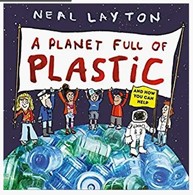 |
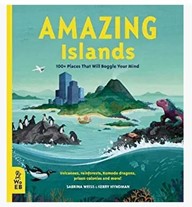 |
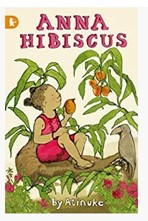 |
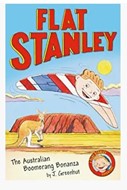 |
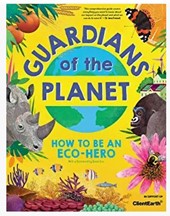 |
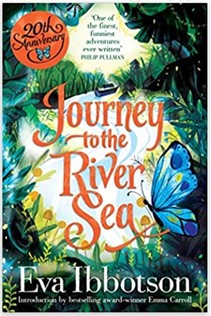 |
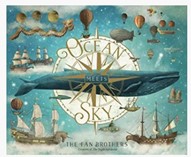 |
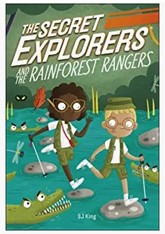 |
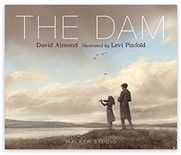 |
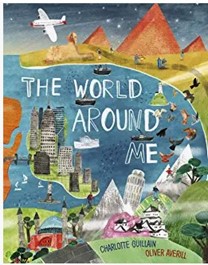 |
Writing
Written outcomes in geography allow children to transfer skills taught through English lessons by creating travel brochures, non-chronological reports and information leaflets about a geographical feature or place studied.
Early Years Foundation Stage
The golden threads of the Geography curriculum are established in EYFS. Children begin to develop an understanding of locational and place knowledge through stories, songs, exploring direction and beginning to look at places in their local area. Children in EYFS will begin to develop their understanding of human and physical geography and mapwork through outdoor learning, using travel sticks for mapping and exploring the school environment.

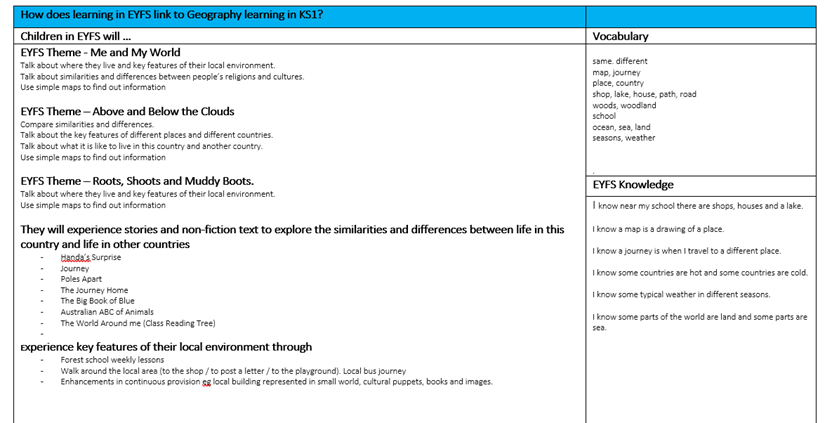
SMSC and British Values.
We aim to develop Spiritual, Moral, Social and Cultural values through the Geography curriculum by:
- Spirituality – encouraging empathy with other cultures and people from different parts of the world.
- Morally – considering how people treat the environment.
- Socially – considering social responsibility e.g. caring for their environment and the impact of traffic has.
- Culturally – opportunities to study different cultures from around the world.
British Values are actively promoted and embedded into the geography curriculum. Children explore issues such as tolerance by studying cultures from other countries and how these cultures are incorporated into British life. This tolerance also forms part of our British law and reflects that democracy is for everyone. Additionally, children will learn about changing laws and opinions on the issue of climate change and how people are impacting this change.
Inclusion
At Holmer Lake Primary School we actively seek to remove the barriers to learning and participation that can hinder or exclude individual or groups of pupils. All children benefit from quality first teaching in the classroom, where teachers set high expectations, cater for the needs of individuals, and provide opportunities for all pupils to achieve and progress. Teachers are aware that pupils bring different experiences, interests, and strengths to school, which influence the way they learn. Teachers plan and adapt their approaches to teaching and learning so that all pupils can take part in lessons fully and effectively. For example, in geography, a pupil may require a simplified version of an atlas, text, word banks and/or scaffolded writing frames.
Curriculum Drivers
The geography curriculum provides opportunities for children to develop their understanding of how the present World they live in is impacted by tourism, agriculture, commercialism, industrialism, and an increasing population. They will also look at physical geography such as weather, climate, and natural physical features. Children will develop their own Work aspirations through learning about different career opportunities e.g. geologist, volcano seismologists, meteorologist and climate scientists. Wellness is embedded in the geography curriculum through the understanding of how environmental factors can impact our health, such as pollution in urban areas, and changing weather due to climate change.

